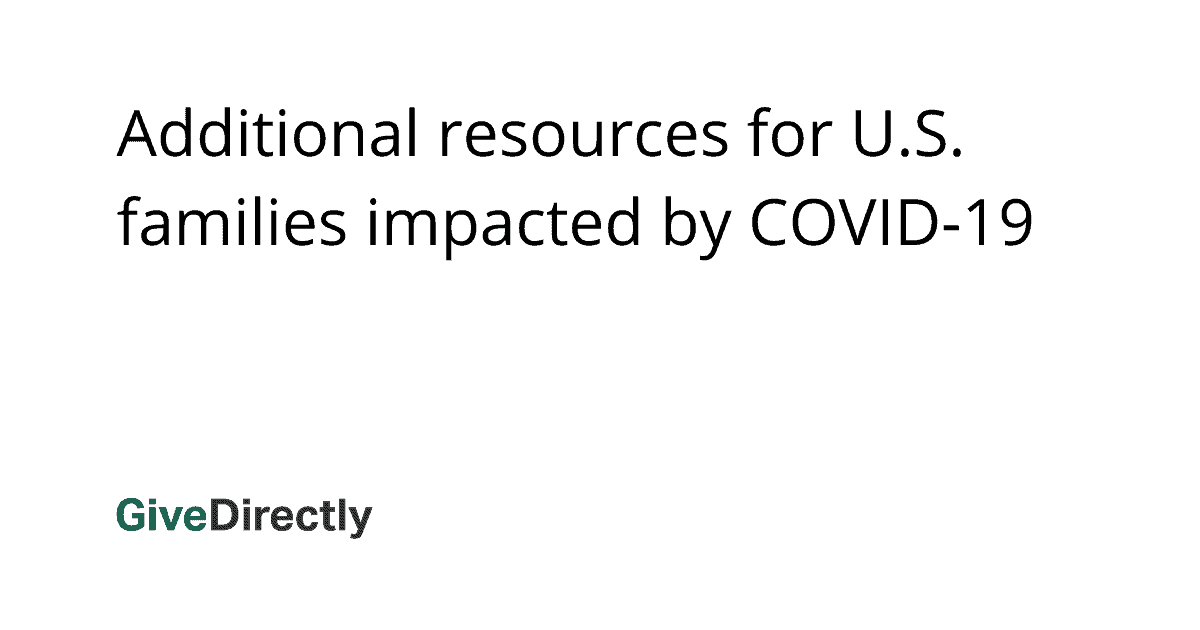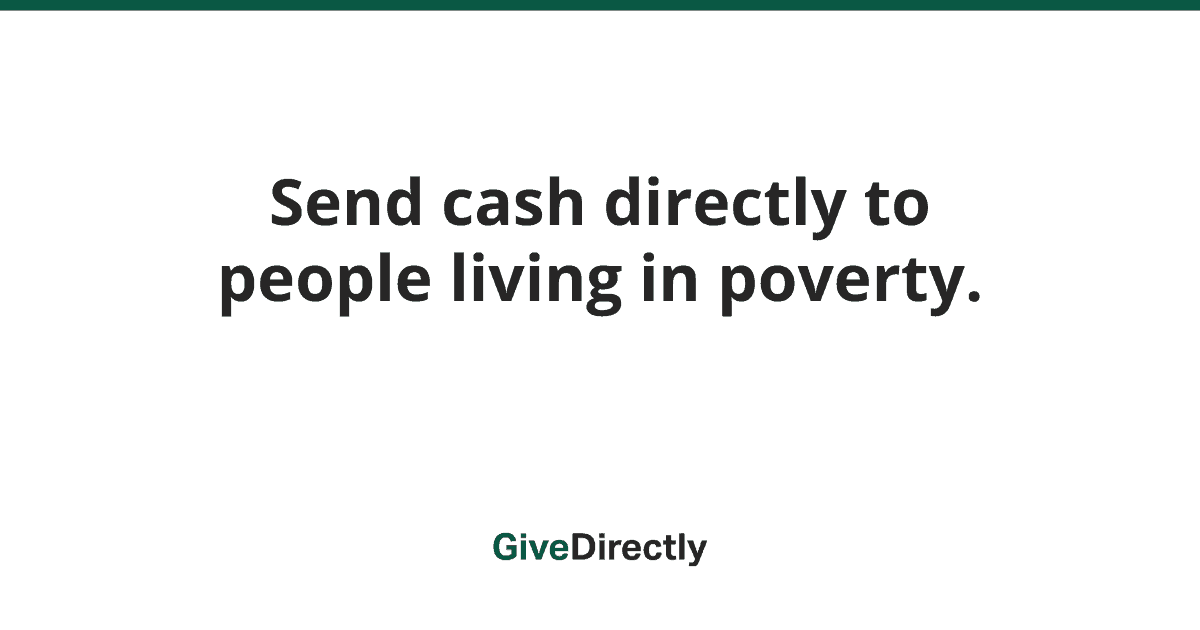
The GiveDirectly Blog
Read updates from our team on the latest research, program learnings, and more.


Let them decide – Cash in the News

Our main goal is to learn – Cash in the News

A world where 8 men own as much wealth as 3.6 billion people – Cash in the News

Not everybody wants a goat – Cash in the News

Allocating the capital – Cash in the News

A broad swath of society – Cash in the News

Cost-effectiveness landscape – Cash in the News

A powerful weapon in the arsenal – Cash in the News

The time has come to find out – Cash in the News

One of the more positive surprises – Cash in the News
